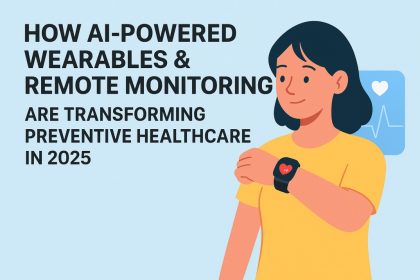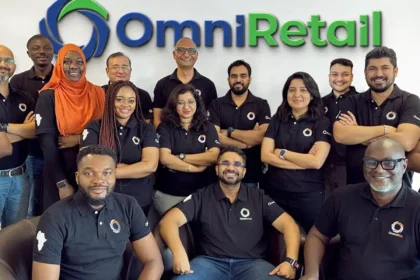In today’s hyper-connected world, cybersecurity isn’t just for IT experts—it’s for everyone. From online shopping to social media, every click leaves a digital footprint that hackers can exploit. The good news? Protecting yourself doesn’t require advanced technical skills. With a few smart habits, you can dramatically reduce your risk of falling victim to cybercrime.
1. 🛡️ Use Strong, Unique Passwords
- Avoid reusing the same password across accounts.
- Use a password manager to generate and store them securely.
- Turn on two-factor authentication (2FA) for extra protection.
2. 📲 Stay Safe on Public Wi-Fi
- Don’t log into banking or sensitive accounts on public networks.
- Use a VPN (Virtual Private Network) to encrypt your connection.
3. 🛒 Shop Online Safely
Online shopping scams are on the rise. Protect your money by:
- Only buying from trusted websites (look for HTTPS in the URL).
- Never saving card details on shopping platforms.
- Regularly checking your bank statements for suspicious activity.
4. 💻 Keep Software Updated
Cybercriminals exploit outdated software.
- Always install updates for your operating system, apps, and antivirus.
- Enable automatic updates to stay protected without thinking about it.
5. 📧 Watch Out for Phishing Scams
Phishing emails and fake links are still the #1 way hackers steal data.
- Don’t click on suspicious links or attachments.
- Double-check sender addresses before responding.
- When in doubt, go directly to the official website instead of following a link.
6. 🔌 Think Before You Plug In
That free USB stick at a conference? It could be loaded with malware.
- Only use devices and accessories from trusted sources.
7. 👀 Protect Your Privacy on Social Media
Oversharing online makes you an easy target.
- Limit the personal details you post (like birthdays, addresses, or travel plans).
- Review your privacy settings regularly.
✅ Final Word
Cybersecurity doesn’t have to be complicated. By practicing these simple, everyday habits, you can safeguard your personal data, protect your finances, and browse the internet with confidence. Remember: online safety is less about paranoia and more about smart prevention.













